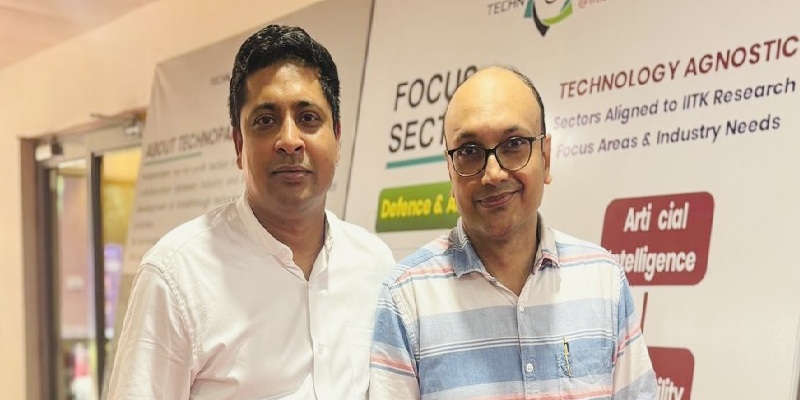Schedule a Call Back
The new normal in manufacturing sector
 Technical Articles
Technical Articles- Oct 15,20
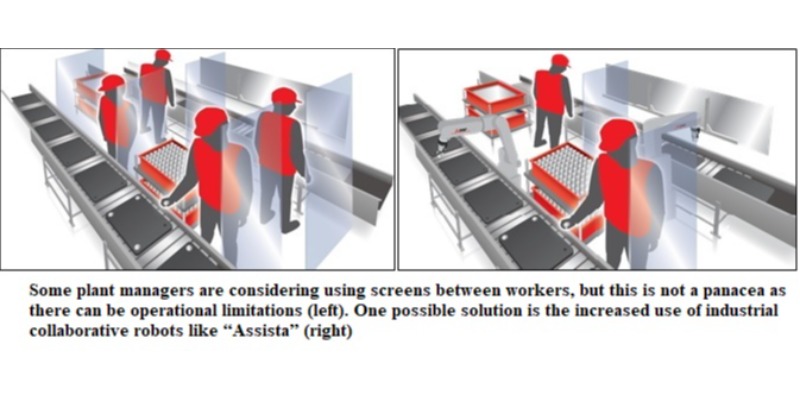
Related Stories
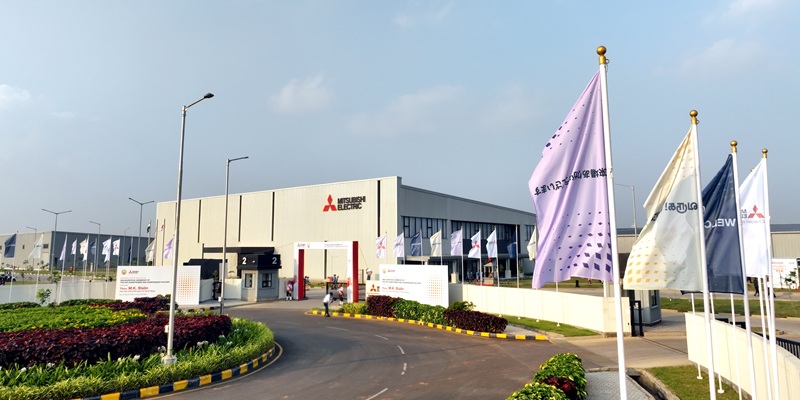
Mitsubishi Electric Invests Rs 2.1 Billion in Chennai Manufacturing Facility
New Chennai plant boosts local manufacturing, capacity and supplier ecosystem under Make in India.
Read more
India is at a pivotal ‘Make in India’ inflection point: Manoj Patil
In this interview, Manoj Patil, Promoter and Managing Director, Patil Automation Limited, outlines its growth journey, capacity expansion, acquisitions, design-led approach, market challenges, and t..
Read more
Manufacturing Excellence in the Age of Integrated Automation and Industry 4.0
Manufacturing leadership is shifting from scale-driven efficiency to integrated, data-led systems that deliver resilience, sustainability and enterprise-wide performance through Industry 4.0 and aut..
Read moreRelated Products
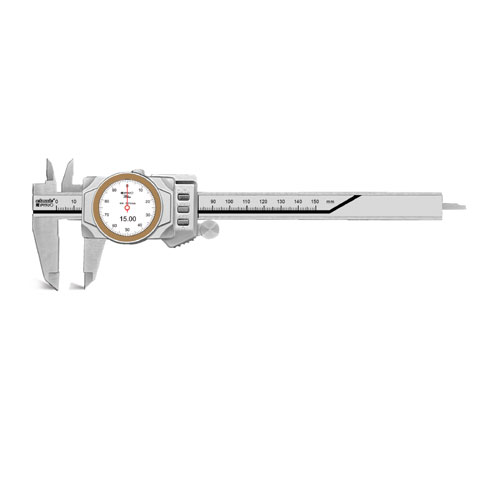
Digimatic Smart Caliper
Veekay Industries offers a wide range of digimatic smart caliper.
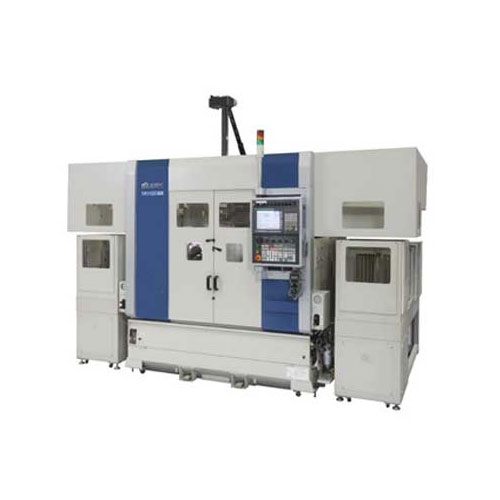
Compact Fmc - Motorum 3048tg With Fs2512
Meiban Engineering Technologies Pvt Ltd offers a wide range of Compact FMC - Motorum 3048TG with FS2512.

Digital Colony Counter
Rising Sun Enterprises supplies digital colony counter.





